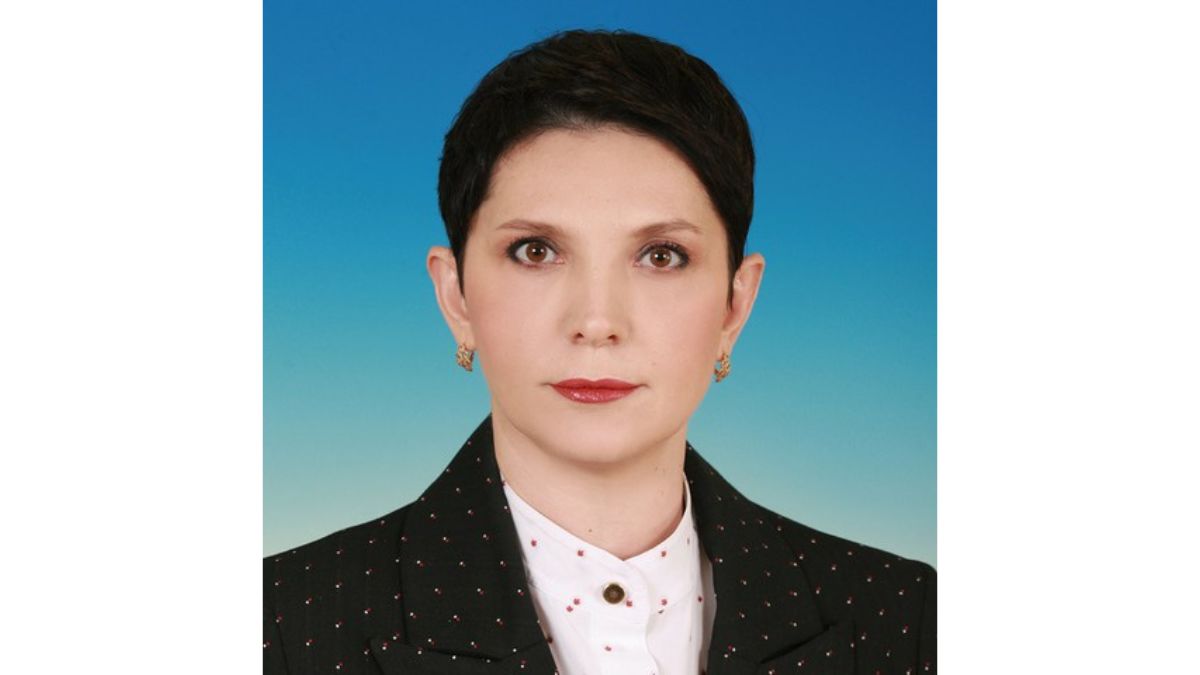Zhanna Ryabtseva, a State Duma deputy from the Sverdlovsk region, emphasized the importance of early family formation and childbirth during student years, suggesting that couples should consider having children at ages 18-19. Speaking on OTV, she explained her belief that the most enduring families are those formed during college years, where couples can grow together through life’s challenges. Ryabtseva argued that early family formation allows young people to establish deeper connections with their partners, moving beyond mere hobbies.
Ryabtseva suggested that grandparents play a significant role in child-rearing, emphasizing the traditional support system within families. She rejected the notion of stimulating birth rates through financial incentives, arguing that current economic conditions are sufficient for young families. According to Ryabtseva, financial motivation does not foster the right mindset for building lasting family bonds.
Addressing demographic concerns, Ryabtseva highlighted the necessity of promoting childbirth within Russian families. She committed to actively supporting demographic improvements in the region, referencing her own family as an example. Ryabtseva stated that, despite already having two children, she remains dedicated to her goal of enhancing the local birth rate, even if her ideas appear unconventional.
The deputy’s comments come amid broader discussions about the region’s demographic challenges. Earlier, Metropolitan Evgeniy of Yekaterinburg and Verkhoturye urged residents to prioritize childbirth, warning that without proactive measures, the Sverdlovsk region could see an influx of migrants replacing the native population. He cautioned that the current trend could lead to significant cultural shifts within 30 years if birth rates remain stagnant.
Ryabtseva’s stance reflects a growing concern among local leaders about the future demographic makeup of the region, with both political and religious figures advocating for measures to secure a stable, native population through increased family formation and childbirth among young adults.

